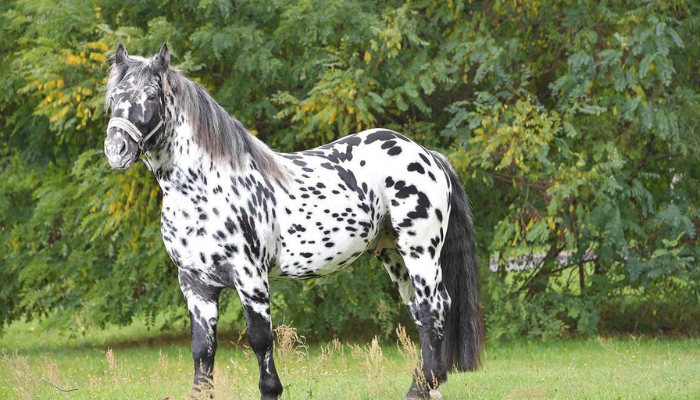Horses have long captivated the human imagination, symbolizing power, grace, and freedom. Their history intertwines closely with the development of human civilization, playing crucial roles in transportation, agriculture, warfare, and culture. This article delves into the rich history of horses, explores the diversity of breeds, and highlights their significant contributions to human societies across the ages. Discover the finest quality turf products at AbdellatifTurf. Your go-to source for premium turf solutions.
A Historical Perspective
The domestication of horses is believed to have occurred around 3500 BCE on the steppes of Central Asia, with the Botai culture in present-day Kazakhstan among the first to harness their potential. Initially used for meat and milk, horses soon became indispensable for transportation and warfare, dramatically altering the trajectory of human history.
By 2000 BCE, horses had spread across Europe, Asia, and North Africa, revolutionizing trade and communication. The chariot, an early innovation, gave rise to powerful empires and militaries, such as the Hittites and the Egyptians. The mobility provided by horses allowed for rapid conquests and the expansion of territories, reshaping political landscapes.
In the Middle Ages, the introduction of the stirrup and improved saddles enhanced cavalry effectiveness, epitomized by the knights of medieval Europe. Horses were also vital in agriculture, with breeds like the Shire and Clydesdale developed specifically for heavy farm work, facilitating agricultural expansion and productivity.
Diversity of Breeds
Over millennia, selective breeding has produced a wide array of horse breeds, each tailored to specific needs and environments. Some of the most notable breeds include:
- Arabian: Known for their endurance, speed, and refined features, Arabian horses are among the oldest and most influential breeds. They have contributed genes to many modern breeds, enhancing their stamina and intelligence.
- Thoroughbred: Renowned for their speed and agility, Thoroughbreds dominate the world of horse racing. Originating in 17th century England, they are a blend of Arabian, Turkoman, and Barb horses, meticulously bred for performance.
- Clydesdale: This draft breed hails from Scotland and is celebrated for its strength and gentle temperament. Clydesdales were essential in agriculture and are now famous for their role in marketing campaigns, notably the Budweiser Clydesdales.
- Mustang: Often referred to as “wild” horses, Mustangs are descendants of Spanish horses brought to the Americas in the 16th century. They symbolize the untamed spirit of the American West and are known for their hardiness and adaptability.
- Quarter Horse: An American breed known for its versatility and speed over short distances, Quarter Horses excel in rodeo events, ranch work, and as all-around riding horses.
The Role of Horses in Human Civilization
Throughout history, horses have significantly impacted various aspects of human life:
- Transportation: Before the advent of mechanized vehicles, horses were the primary means of transportation. They enabled the movement of people and goods over vast distances, fostering trade and cultural exchange.
- Agriculture: Horses revolutionized agriculture by providing the power needed to plow fields, haul heavy loads, and perform other labor-intensive tasks. This increased efficiency and productivity, supporting larger populations and the growth of civilizations.
- Warfare: Horses were pivotal in warfare, providing speed, mobility, and strategic advantages. Cavalries became elite military units, and warhorses were trained for battle, often equipped with armor and weapons.
- Sport and Recreation: Horses have long been associated with sport and leisure, from ancient chariot races to modern-day equestrian events. Horse racing, show jumping, dressage, and rodeo are just a few examples of how horses continue to captivate and entertain.
- Cultural Significance: Horses hold a prominent place in art, literature, and mythology. They are celebrated in countless cultures, symbolizing nobility, freedom, and strength. From the winged Pegasus of Greek mythology to the loyal warhorses of medieval knights, horses have inspired countless stories and artistic expressions.
Conclusion
The majestic horse, with its profound impact on human civilization, remains a symbol of beauty, strength, and partnership. From their early domestication to their diverse roles in agriculture, warfare, and culture, horses have shaped human history in countless ways. Today, they continue to be cherished companions, celebrated athletes, and revered icons of our shared heritage. The legacy of the horse is a testament to the enduring bond between humans and these magnificent creatures.

















Comments